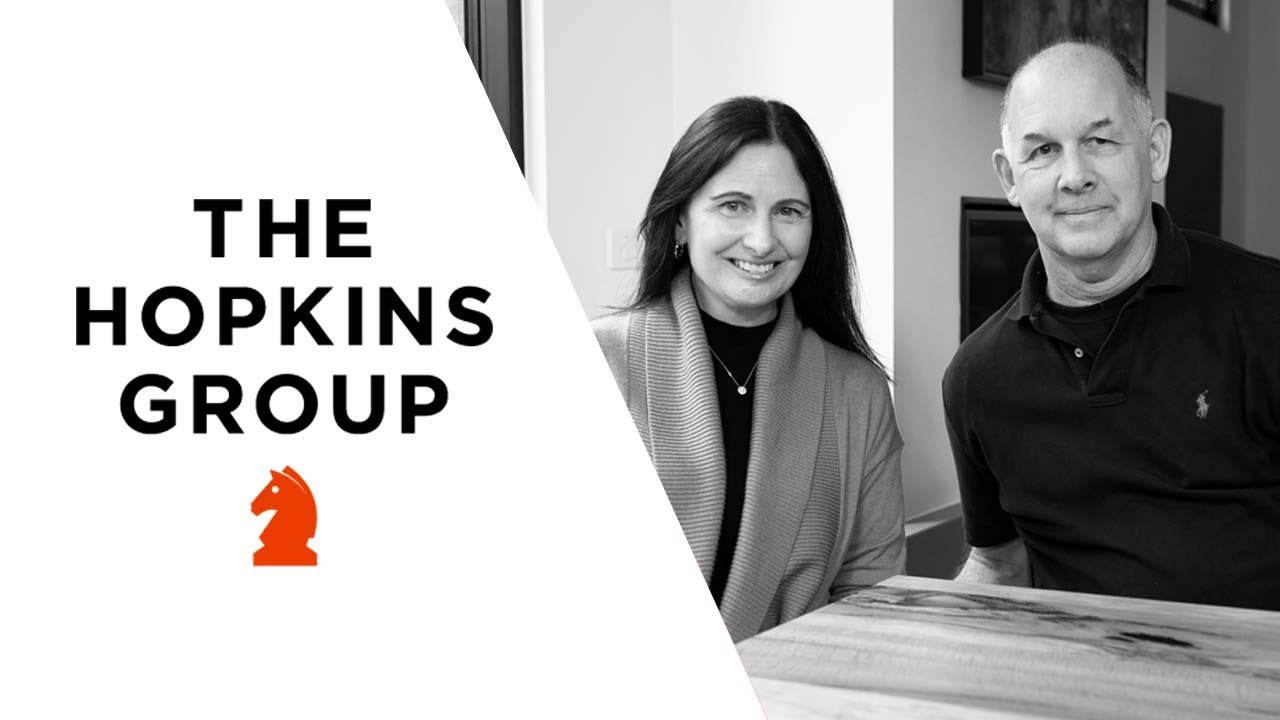Rooming houses are increasingly becoming an attractive option among property investors, looking for a new way to grow their property portfolios and maximise their rental returns. In this blog, we break down the basics for a beginners guide to rooming houses.
What is a rooming house?
A rooming house is a building where one or more rooms is available for rent, and the total number of people who may occupy those rooms is four or more. In most rooming houses residents may also share bathrooms, kitchens, laundries and other common areas. In more modern rooming house arrangements, individual rooms will be set up as mini studios, to give residents a comfortable sized private space adjoining the shared facilities.
Often, separate rental agreements may exist for each of the residents in a rooming house, however this isn’t always the case. Sometimes rooming house rooms may be offered for short stays, or may be shared under a ‘shared room right’ agreement. This is more common in crisis accommodation rooming house set ups.
How does a rooming house differ from social housing?
While some social housing takes the form of rooming houses, not all rooming houses are not-for-profit, public owned, or community run.
Many are privately owned investments, with the intention of bringing in profitable rental returns.
Why would someone invest in a rooming house?
In 2015, there were 1,146 registered rooming houses in Victoria and as of 30 June 2020, there are now more than 1,356 registered. While these numbers seem low in the pool of traditional rental properties out on the market, they’re no less a significant property category, as they offer an affordable housing option for lower income earners, students, and even retirees, while still affording investors solid returns.
In a traditional rental property, rents are set for the property as a whole, and compete with other similar properties of the same size and location.
Rooming houses on the other hand, allow investors to set rents per room, which usually means you can maximise your rental potential for the property, collecting a higher rental return than a similar sized, traditional rental property would afford.
There’s also often the benefit of reduced vacancy in these properties. With more than one room available for rent, when someone moves out, you’re still collecting rents from other rooms meaning you’re not experiencing the same costs of vacancy you would be on a traditional rental.
Additionally, because rooming houses are often built on standard residential plots, your land costs are about the same as they would be investing in a typical house, but with the benefits of a higher rental yield. In some cases, rooming houses may also even be exempt from land tax (conditions apply, see the Victorian State Revenue Office’s webpage for more details).
What are some of the rules and regulations around managing a rooming house?
In Victoria, rooming house operators must comply with minimum standards set out in the Residential Tenancies (Rooming House Standards) Regulations 2012. These standards relate to privacy, security, safety and amenity in rooming houses. The minimum standards apply to a rooming house and its rooms, irrespective of whether the resident is on a rooming house agreement or individual tenancy agreement. More information on these standards can be found on the Consumer Affairs Victoria website. For residents of a rooming house on an individual tenancy agreement, the laws governed by the Victorian Residential Tenancies Act 1997 will also apply.
Rooming house operators must also be registered, both with local councils and with the Business Licensing Authority (as per the rooming house operators licencing scheme established in the Rooming House Operators Act 2016). As a rooming house operator, you are essentially running a business, so there are fees associated with setting this up and registering as an operator. Each council also has their own requirements, so it’s best you do your research before investing in the construction/renovation of a rooming house project.
If you are looking to start a rooming house project from scratch, or invest in one that is already established, The Hopkins Group can recommend a number of contacts in this space who are well versed in the ins and outs of this type of investment. Please speak to us if this is something you are considering.
The Hopkins Group’s rooming house expertise
In addition to managing standard residential tenancies, The Hopkins Group has a dedicated team of rooming house experts on board to negotiate the challenges and compliance needs of managing multiple tenancies in a single dwelling.
Our specialised rooming house property management service encompasses all services included for our standard residential properties plus regular maintenance, record keeping of essential safety measures as required by the occupancy permit, and ongoing cleaning of common areas.
All this is done while adhering to the minimum standards as a rooming house operator.
Ready to talk rooming houses? Contact The Hopkins Group’s team today!






